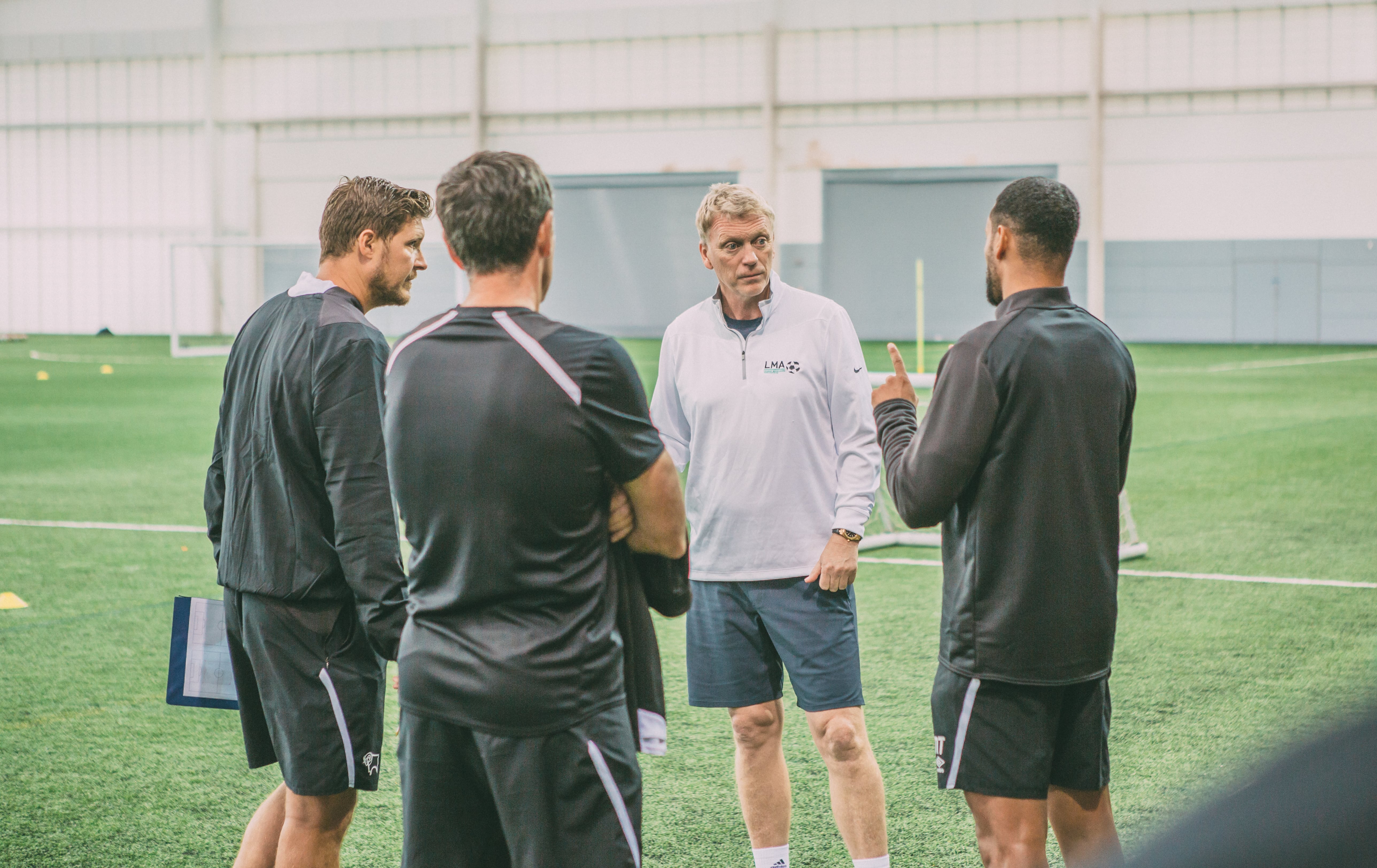No Director of Coaching (DOC) has time on their hands. When you’re managing a soccer club, there’s always something that requires your immediate attention.
You need to recruit a new coach.
New training equipment needs to be purchased and you need to sign off on the budget.
The new season is approaching fast and you need to put a detailed coaching curriculum in place.
With so much on your plate, it’s a wonder that you ever have the bandwidth to focus on longer-term plans that support club development. With that in mind, we’ve put together this guide to help you prioritise the activities that will add the most value to your club.
What are a DOC’s key areas of responsibility?
The DOC is ultimately responsible for all sporting matters at their club or academy. That can be a pretty overwhelming workload.
To make matters worse, job descriptions can vary significantly from one club to another, so one DOC may have radically different priorities and objectives to another. However, there are some areas that are common to the vast majority of DOCs. These include:
- Creating an overarching coaching philosophy that dictates your club’s approach to the game, incorporating formations and tactics.
- Defining the club’s core values and culture.
- Building a season plan that informs coaches of the sessions they need to deliver on any given day.
- Recruiting coaches and other backroom staff who buy into the club’s vision and philosophy.
- Setting objectives for player development and reviewing progress at regular intervals.
- Evaluating coaches to ensure they are leading sessions effectively, and agreeing goals and KPIs to help them develop.
- Signing off on the club budget and assessing where funds should be invested.
How to run a soccer club and drive development
Of course, not everything you do will directly contribute to club development. Sometimes you’ll face crises that simply have to be addressed there and then. But outside of these high-pressure flashpoints, you have full control over how best to spend your time.
To support the development of your club, ensure that you dedicate as much of your attention as possible to the following areas:
Progression of soccer coaches
Unless you have a huge salary budget, you probably won’t be in a position to employ only the best, most experienced coaches.
Chances are you’ll be working with a mix of senior coaches – people who’ve seen it all before and know how to overcome any challenge – and less experienced junior coaches. They have potential, but they need guidance on how best to work with a group of youth players.
Both types of coach need your support. But the type of support they require will be very different:
- Junior coaches: When they’re at the start of their career, coaches benefit greatly from tapping into the knowledge and skill set of a DOC who’s encountered and overcome the same challenges facing them. Additionally, you’ll want to help them manage their time by breaking down the role into smaller, more manageable tasks to prevent them feeling overwhelmed.
- Senior coaches: While they might not need your advice on how to handle day-to-day challenges, they absolutely need you to keep them engaged and motivated. Set them clear objectives that allow them to continue developing and learning, taking on new skills and working with different types of player.
Player development across all age groups
While your coaches will take the lead on more granular issues – such as preparing for upcoming matches – it’s up to you to ensure that players are developing in line with a wider strategy.
It’s important that development targets are aligned across all age groups. To give a simple example, it doesn’t make sense to coach players aged 9 to 11 on keeping the ball and building slowly from the back if your over-13s are playing a direct, counter-attacking game.
At the start of a new season, you should be assigning each age group with clear development goals that are geared around aiding their progression to the next age group. You’re ultimately aiming to help players become the best they can be, not just to win individual fixtures.
Club values and standards
From top to bottom, everyone within your club should understand what makes for acceptable behaviour. And they should be prepared to call people out for behaving in a way that isn’t in line with the club’s values and standards.
This isn’t about instilling army-like discipline among coaches and players. Particularly at youth level, soccer should be about having fun. Otherwise, what’s the point?
But to create an environment in which players can truly express themselves, they need to feel confident and comfortable. That’s unlikely to happen unless you take the steps to introduce and maintain a positive club culture.
The coaching curriculum
Left to their own devices, your coaches will naturally focus on their own areas of strength. They’ll coach their individual teams to play in a way that they believe will deliver results.
The chances of every coach adopting a complementary playing philosophy are limited. One might naturally favour a high-intensity pressing game, while another might prefer players to sit deep, retain their structure and soak up pressure. These conflicting approaches to the game will naturally hamper player progression from one age group to the next.
That’s why you need to ensure that your coaches are working to a set plan. To do this, you’ll need to build a coaching curriculum spanning the whole season.
Sounds like a lot of work? Don’t worry. With The Coaching Manual, you can build a bespoke season plan in a matter of minutes by answering a few simple questions.
Final thought: The power of saying “no”
By focusing the bulk of your energy on the above areas, you’ll put yourself in the best position to drive your club forward. But to do this, you’ll also have to learn to be selfish with your time.
While you naturally want to support your junior coaches, they need to understand that you can’t be there for them 24/7. Encourage them to trust their instincts. If a situation doesn’t play out as they expected, review it with them as part of your regular one-to-one meetings, giving them a valuable opportunity to learn from their mistakes.



